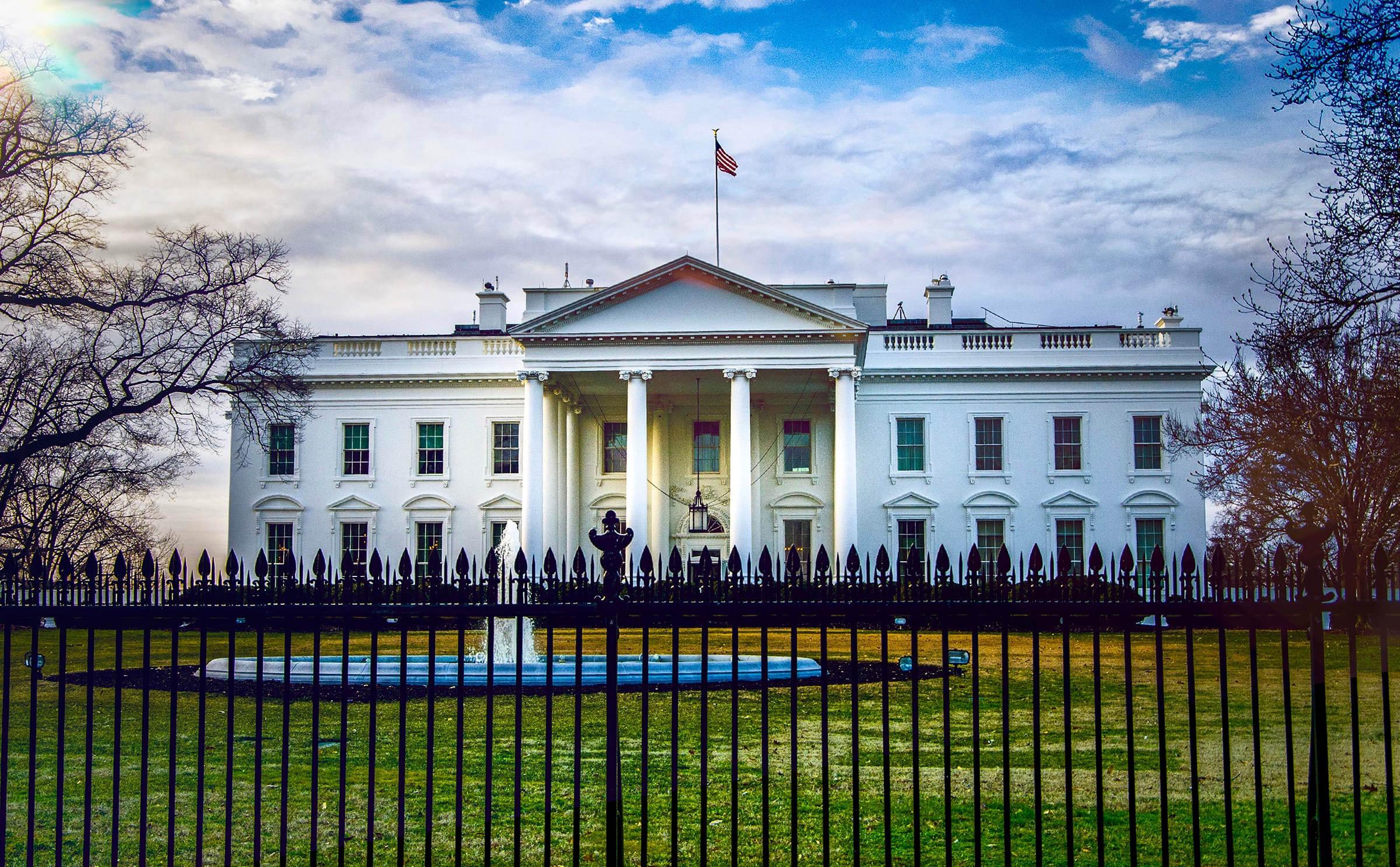The trade war is heating up again, and with President Trump’s latest tariff salvo—10% across-the-board on imports, spiking to 34% for nations with steep barriers against U.S. goods—the stakes for private equity professionals and CFOs are higher than ever. Dubbed “Liberation Day” by the administration, this bold move could reshape global trade flows, disrupt supply chains, and pressure margins in ways that demand strategic agility. As someone who’s spent years advising businesses through uncertainty, I’ve seen how proactive planning can turn chaos into opportunity. Here’s my take on where this trade war might head, and—more importantly—how you can position your portfolio companies or finance teams to weather the storm, with support from E78’s transformative finance and technology solutions.
Where Is This Trade War Going?
The endgame’s unclear, but a few scenarios stand out. First, we might see negotiation. Trump’s tariff threats could drag trading partners like China, the EU, and Canada to the table, yielding bilateral deals that ease tensions. Think concessions like increased U.S. exports or lower foreign barriers in exchange for tariff relief. Second, there’s retaliation and stalemate. The EU’s already hinting at counter-tariffs, and China rarely blinks. If everyone doubles down, expect a prolonged slugfest—higher costs, supply chain snarls, and inflation risks (Goldman Sachs pegs a 35% recession chance in the U.S. within a year). Third, a long-shot reset: If tariffs somehow turbocharge U.S. manufacturing, global trade could fragment into new blocs, though that’s a slow burn given America’s consumer clout and tangled supply chains.
Trump’s unpredictability adds a wild card. His team’s floated everything from a 20% flat rate to tailored reciprocal hikes, and the outcome hinges on how much economic pain everyone—U.S. included—can stomach. History offers a cautionary tale: Smoot-Hawley in the 1930s tanked global trade until the damage forced a rethink. My bet? A messy grind of deals and standoffs until costs or leverage shift the tide. For private equity and CFOs, the question isn’t just “who caves first?”—it’s “how do we stay ahead?”
Short-Term Moves to Brace for Impact
For private equity leaders managing portfolios and CFOs steering the ship, the next 6-12 months could be make-or-break. Here’s how to act now:
- Stress-Test Your Supply Chain
Tariffs will hit imports hard, especially from high-target countries. Map your exposure—raw materials, components, finished goods—and model cost increases under 10%, 20%, or 34% scenarios. Identify alternative suppliers (domestic or tariff-light regions) and lock in contracts before prices spike. - Revisit Pricing and Margins
Higher input costs are coming. Can you pass them on without losing market share? Run sensitivity analyses to find your breaking point, and explore cost efficiencies—automation, lean ops—to protect EBITDA. - Hedge Currency and Inflation Risks
A trade war could weaken trading partners’ currencies and stoke U.S. inflation. Work with your treasury team to hedge forex exposure and secure fixed-rate financing before rates climb further. - Double Down on Visibility
Uncertainty punishes the unprepared. Real-time data on cash flow, working capital, and supply chain risks will be your lifeline. If your systems can’t deliver, you’re flying blind. - Scenario-Plan for M&A
Distress could unearth deals—think competitors or suppliers squeezed by tariffs. Build a watchlist, but temper valuations for trade-war volatility. On the flip side, shore up portfolio resilience to maintain exit multiples.
How We Can Help
At E78, we’ve spent the last decade guiding companies through disruption with finance and technology solutions that drive growth and optimize costs. Our approach enhances visibility and controls, giving you the clarity to act decisively. Whether it’s deploying advanced analytics to monitor supply chain risks, streamlining financial processes to free up cash, or integrating tech to boost operational agility, we’re here to partner with you. In a trade war, the winners won’t just survive—they’ll adapt and thrive.
Let’s connect to discuss how we can tailor these strategies to your portfolio or organization. The trade war’s unfolding fast—don’t wait for the next tariff drop to take control.

